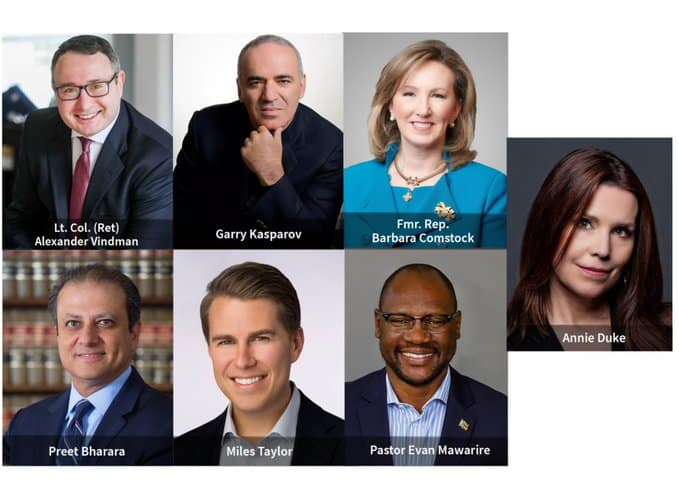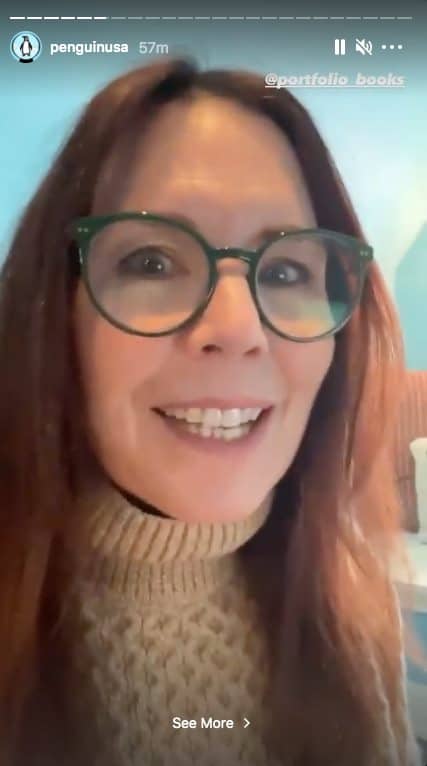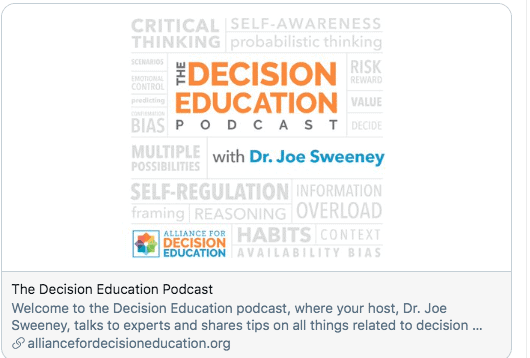
| WHAT I’VE BEEN READING I’ve been deep into the research for my next book and thought I would share some of what I am reading for it. Perhaps you can surmise the topic from the books I am recommending! (1) Algorithms to Live By: The Computer Science of Human Decisions, by Brian Christian and Tom Griffiths. Amazon Link Computer science offers tremendous insights about decision-making under uncertainty. Algorithms to Live By is a great summary of the best of those insights. Even if you’re already familiar with concepts like “optimal stopping” and “explore-exploit,” or variants on “the bandit problem” or the unfortunately named “secretary problem,” this book provides excellent explanations and applications. And obviously, if you’re not familiar with these concepts, the authors let you know why you should be. (2) Deep Survival: Who Lives, Who Dies, and Why, by Laurence Gonzales. Amazon Link Brent Snow, founder of TenThousandFeet.com, recommended that I read Deep Survival, a book about decision-making through the lens of life-or-death situations. I’m glad I did because Gonzales, in addition to being a great storyteller, provides some great explanations of how decision-making can break down when (and often immediately before) your survival is at stake. More importantly, he offers practical – and widely applicable, even outside life-or-death choices – advice on how to deal with and minimize stresses on your decision-making ability. In addition, Gonzales has also recently published a book of his essays, The Chemistry of Fire. (3) How to Change: The Science of Getting from Where You Are to Where You Want to Be, by Katy Milkman. Amazon Link Katy is one of the best science communicators out there, which you can hear for yourself through her role as host of the popular Choiceology podcast and the Knowledge@Wharton podcast. I was lucky enough to read an advance copy of this book and, true to form, Katy manages to translate the science behind changing your behavior for the better into a read that feels light and relatable How to Change comes out on May 4th and is definitely a must pre-order. (4) The Model Thinker: What You Need to Know to Make Data Work for You, by Scott Page. Amazon Link Scott Page is not just one of the smartest people on the planet but he also has an uncanny faculty for explaining complex statistical and computational models. His many-model paradigm shows you how to apply multiple models to organize data and make better decisions. The paperback edition of The Model Thinker comes out on March 16. (5) Noise: A Flaw in Human Judgment, by Daniel Kahneman, Olivier Sibony, and Cass Sunstein. Amazon Link For all the attention given to cognitive bias – including, obviously, famously, by Kahneman – Noise is about another significant source of error, random variation in judgments. Cognitive bias gets all the love in the decision-making. It is directional and predictable and drives a coherent narrative about the ways our decision-making goes sideways. Randomness might be a less naturally sexy story, but it is no less impactful. Kahneman, Sibony, and Sunstein manage to make the problem of noise riveting through compelling examples of its impact, from the criminal justice system to medicine to insurance pricing. Who isn’t looking forward to Kahneman’s follow-up to Thinking, Fast and Slow? Noise comes out on May 18. (6) Think Again: The Power of Knowing What You Don’t Know, by Adam Grant. Amazon Link Adam Grant is a phenomenal communicator with 3 bestselling books, some of the most watched TED talks, and one of the best podcasts out there (WorkLife). Think Again just came out on February 2 and it beautifully covers many of my favorite decision-making subjects: updating beliefs, questioning our knowledge and choices, changing our minds, and the world that opens up to you if you understand how to embrace being wrong. |
| Speaking my truth: Why personal experiences can bridge divides but mislead By: Jay J. Van Bavel, Diego A. Reinero, Victoria Spring, Elizabeth A. Harris, and Annie Duke Facts are not what they used to be. Whether you are checking the news or opening the latest journal article, there is increasing evidence that people are more susceptible to misinformation and less receptive to factual arguments than we might hope (1). While fact checks can be effective in some domains (e.g., health), they prove to be a very weak antidote for misinformation when it comes to politics (2). This problem is exacerbated by increasing polarization in the United States and abroad, where partisans express a growing sense of distrust and moral animosity (3). However, in a new paper in PNAS, Kubin et al. offer a strategy for bridging political divides (4). Across an impressive series of 15 studies, the authors clarify how expressions of personal experience can garner respect from people across the political aisle. A majority of people mistakenly assume that basing their beliefs about a polarized issue, like same-sex marriage or abortion, on facts will garner the respect of someone who disagrees with them (4). In reality, people are more likely to respect their political opponents—and even see them as more rational—if they base their moral positions on personal experience. This pattern was observed in a wide variety of contexts, including comments about YouTube videos that discussed abortion, face-to-face conversations about guns, reactions to New York Times op-eds, and transcripts of interviews between political opponents on CNN and Fox News. Sharing a personal experience of harm seems to be a potent way to get our political opponents to accept our positions as rational and generate greater respect for our position. Read full paper here on Feb 23 → |
| Join Me for a Virtual Democracy Rally Date: President’s Day, Feb 15th, 6 pm ET – 7:15 pm ET America is the land of opportunity. But it’s critical to ensure EQUALITY of opportunity through education. That’s the silver bullet. That’s how we reinvigorate our democracy. Join me at Renew Democracy’s virtual rally on Presidents’ Day. Register here: https://rdi.org/rally  |
| Penguin USA Instagram Takeover Last week I had the fun opportunity to do an Instagram takeover on Penguin USA’s Instagram account. It was fun to do a Q&A with readers in this format. Thanks to Portfolio Books for reposting and sharing! Hope you enjoy. Link to story →  |
| Alliance for Decision Education Launches Podcast |
| I am excited to share that the Alliance For Decision Education has launched a podcast! Dr. Joe Sweeney, executive director of the Alliance, will be speaking to experts and sharing tips on all things related to decision making. Through these conversations you will be entertained, gain new insights, and discover practical ways to improve your decision skills. Imagine what a difference it would make in your life, and the lives of those you love, if we were all even a little better at making decisions. Three episodes have already dropped. Check them out and subscribe today →  |
| In case you missed it: SuperPsyched Podcast Thinking in Bets with Dr. Adam Dorsay LINK Read It Forward Article “How to Decide What to Read Next” by Annie Duke LINK |
| Something Fun How to Decide was recently featured in DuJour Magazine’s winter print issue next to some pretty impressive company of other must-read books.  |

